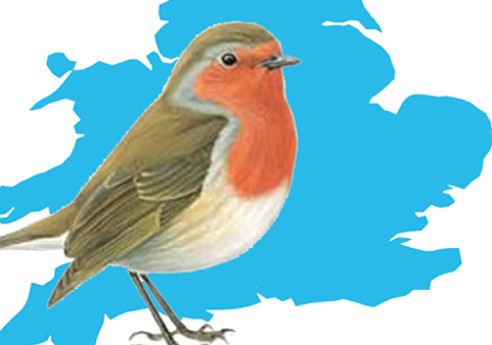Red Robin, a producer and industry insider at the heart of the British pig sector, on why we should embrace the green agenda.
It was recently reported that the UK is halfway towards becoming carbon neutral by 2050 and, if it is like any other performance target, the second half is always more difficult than the first.
I think it is just beginning to dawn on those outside farming that we are part of the solution and we need to be able to capitalise on that.
Rock stars will take a flight overseas and then just write a cheque to a carbon offsetting company to appease their environmental conscience, but many of these schemes involve planting trees overseas and are not regulated or audited.
I was part of an interesting discussion with a company recently that was planning to broker the deals in the UK. They would match-make between companies wishing to offset against a farmer or land owner with a scheme to offer – they were using the example of a peat bog in Scotland or a wildflower meadow or a wood.
This does seem promising, although they will have to be audited so the carbon can’t be released later from that parcel.
Those with arable or pasture may well be able to offer parcels to these offsetting schemes for other companies and, while it might make us some money, it doesn’t make our businesses any more environmentally sustainable.
I am aware that we have a very high energy usage as an indoor producer, but at least it is all electricity and that will, theoretically, be able to be ‘green’, or renewable, energy.
I did hear of an electricity supplier who is able to supply green power to farms and, although there will inevitably be a cost to it, it will become something we have to do. When I hear about the supermarket environmental audits that veg growers have to undertake, I realise that we are not really scratching the surface yet.
Having a greener business covers all aspects and there is some low hanging fruit that should be easy pickings. We have had creep feed in bags for years and are planning to move to bulk, partly because it’s cheaper, but that immediately gets rids of all the plastic bags and horrible cling film the pallets are always wrapped in.
In the domestic arena, packaging has mostly moved to cardboard – even the sticky tape is paper now – but we don’t see that from our suppliers, and, while that may be a drop in the ocean, it is all progress.
For young people, their number one concern is the environment and we really must do everything we can to make our businesses as sustainable as we can. We see some great examples on outdoor units of pollen strips and consumers really like it.
If we can find ways to continuously improve our sustainability, then it can only be a good thing – I am sure we can all find something we can do.
The green agenda is here to stay and we can and should contribute to it.
This article was taken from the April Issue of Pig World magazine, which you can subscribe to here.




